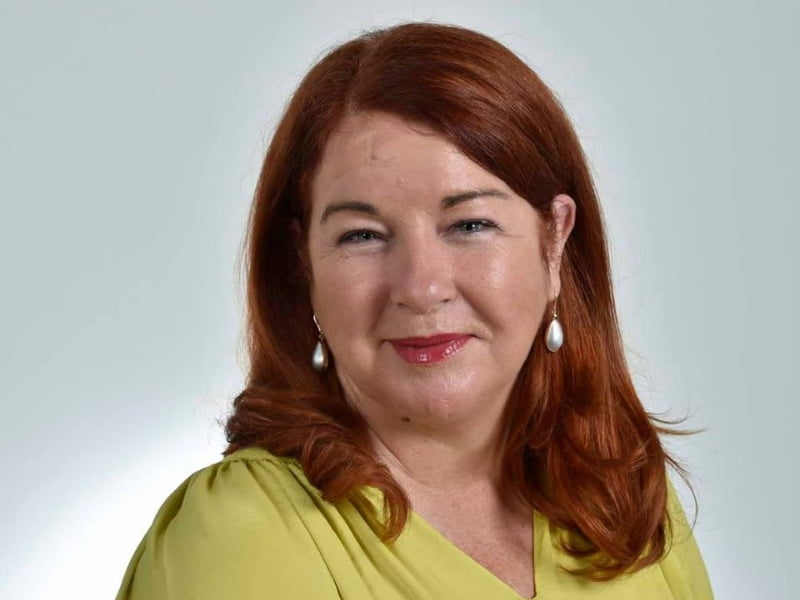Controversial space launch permit fees will be scrapped by the federal government after being deferred for two years in a major win for the growing local sector.
Science minister Melissa Price announced on Thursday morning that the federal government would not be pursuing its Commonwealth Cost Recovery Scheme for space launches and return, which would have come into effect from July.
The scheme would have seen Australian companies charged as much as $200,000 for launch permit applications, far higher than other jurisdictions. The charging scheme had already been deferred twice for two years due to the COVID-19 pandemic.

Ms Price announced that the launch fees would be abolished following feedback from the sector.
“We know if the Australian space sector is going to keep growing at a rapid rate, then we need to ensure the conditions are right. That is why we’re scrapping plans for launch application fees and making improvements to regulations,” Ms Price said.
The announcement was made on the same time the federal government revealed it would be chipping in $20 million to the Australian Space Park at Adelaide Airport through a Modern Manufacturing Initiative collaboration stream grant.
Australian space companies, industry groups and state and territory governments had been urging the federal government to scrap the planned fees for several years.
The Space Industry Association of Australia has continually lobbied the government for the scrapping of the fees, and Thursday’s announcement was welcomed by the organisation’s chief executive James Brown.
“It’s all about making Australian launches competitive. It’s a really important decision that industry has been asking for for years, and we’ve lobbied hard for on behalf of our members,” Mr Brown told InnovationAus.com.
“Australia is a late entrant to the global launch market but we have huge capacity here given our real estate and our geography and the skills of our operators. We would have been in a position where Australian launch just wouldn’t have been competitive because of the fees and regulations compared to overseas locations. This helps to level the playing field.”
Local space company Southern Launch had previously said that it could cost up to $190,000 per launch permit application under the cost recovery scheme, three times the value of rocket development and mission costs and 30 times higher than other countries.
Ms Price also announced that she has tasked the Australian Space Agency to develop a Space Strategic Update covering the next two decades to align efforts across the sector.
The strategy will signal a direction to the federal government on funding, with consultations to take place over the next 18 months. It will include a schedule of space programs and investment opportunities informed by the agency’s existing technical roadmaps.
An important function of the strategy will be to align Australia’s defence space efforts with its civilian space programs and funding and the strategy could serve to achieve this, Mr Brown said.
“It’s critical to make sure the $13 billion being invested in defence space capability is matched to our civilian space development, and this strategy is the missing piece in achieving that outcome. We want to make sure every dollar invested in defence space helps to boost our sovereign space capability,” he said.
“We’re coming late to space but with a lot of vigour. The best way to maximise investment is to make sure it’s coordinated and a strategy helps to provide that.
“Governments at a state and federal level really understand the opportunities of space but also the risks of our dependence on space for everything from weather updates to military intelligence. What we’re seeing here is a comprehensive space investment strategy rolled out by government and it’s very pleasing to see.”
The government and space sector now need to demonstrate the potential of the industry to the broader Australian community, he said.
“The mission for all of us in the space industry is to help show Australians just how much is happening here,” Mr Brown said.
“Rockets are being built in South Australia and Queensland right now – we’re going to see them attempt to launch very soon. Australians will realise very quickly that what was previously aspirational is now very much a reality.”
Do you know more? Contact James Riley via Email.

